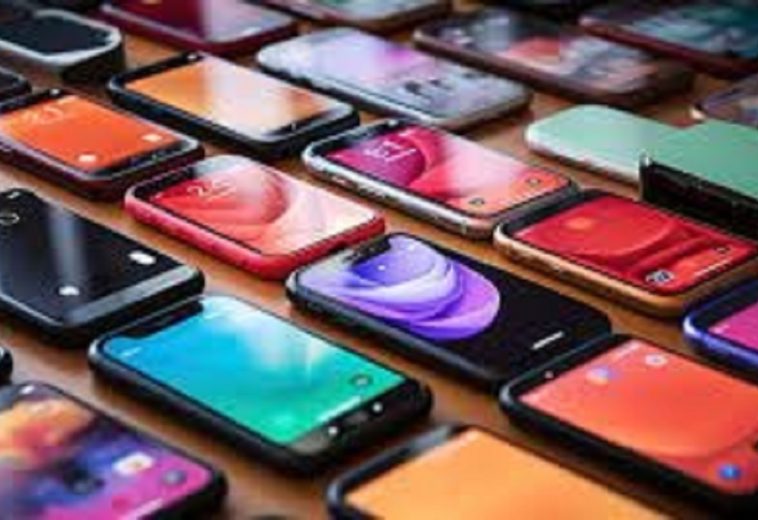Free speech is a fundamental human right, as stated in Article 19 of the Universal Declaration of Human Rights adopted in 1948. It is enshrined in various international conventions and national constitutions, and Africa has not been left behind in embedding this right within its legal frameworks.
African nations, collectively and individually, have been vocal in upholding freedom of speech across the continent. Numerous initiatives, including programmes, training sessions, and seminars, have been launched to promote and protect free speech. However, the practice and protection of this right remain complex and varied, influenced by diverse political, social, and historical contexts.
Navigating the landscape of free speech in Africa can be likened to walking a tightrope, with political consequences and public opinion precariously balanced on either side. Although many African countries have enshrined freedom of information in their constitutions, the rise of digitalisation has transformed information dissemination and raised new concerns about the delicate balance between free speech and national security.
Digital technology, particularly social media, has made communication easier and more personal. It has improved connectivity and served as a powerful tool for enhancing business, social relationships, and political participation. However, due to its role in mobilising political activism, there have been increasing efforts to moderate social media content.
Countries like South Africa and Ghana are notable for their strong legal protections of free speech. These nations have constitutions and institutions dedicated to safeguarding the freedom of their citizens. In Kenya, the 2010 Constitution guarantees freedom of expression, fostering an open media environment. Nigeria has seen improvements in free speech rights, although reports of press harassment, especially during protests, persist.
Despite these advancements, several countries still grapple with severe restrictions on media and free speech. In Eritrea, stringent laws tightly control the media, severely hindering independent journalism. Zimbabwe and Sudan have also witnessed numerous instances of political repression and violence against journalists and activists, highlighting the significant challenges that remain.
The preservation of free speech in Africa is hampered by several factors. Government repression poses one of the most significant threats, with repressive laws often targeting media and journalists. The lack of robust institutions to protect and enforce free speech laws further undermines this right.
Journalists frequently face violence, harassment, and intimidation aimed at silencing dissent and preventing the reporting of sensitive issues. These threats diminish the effectiveness of journalism and restrict the flow of information. Economic challenges and financial pressures can also lead to self-censorship, compromising the quality and independence of reporting and, by extension, the integrity of media outlets.
Social norms and traditional values also play a crucial role in shaping the boundaries of free expression. In many African societies, traditional values may conflict with more liberal notions of freedom of expression, leading to tensions and challenges in balancing respect for cultural norms with the right to free speech.
In the ongoing effort to promote and protect free speech in Africa, civil society organisations and international bodies have been working tirelessly to support journalists, enhance media literacy, and advocate for legal reforms. Local NGOs have partnered with government ministries, international organisations, and trusts to advance these goals through advocacy, funding, and pressure on governments to uphold free speech standards.
While some African countries have made considerable progress in achieving free speech, others continue to face significant obstacles. It is crucial for all stakeholders—governments, NGOs, international and regional organisations, and the general public—to work together to uphold and enforce the principles of free speech.




